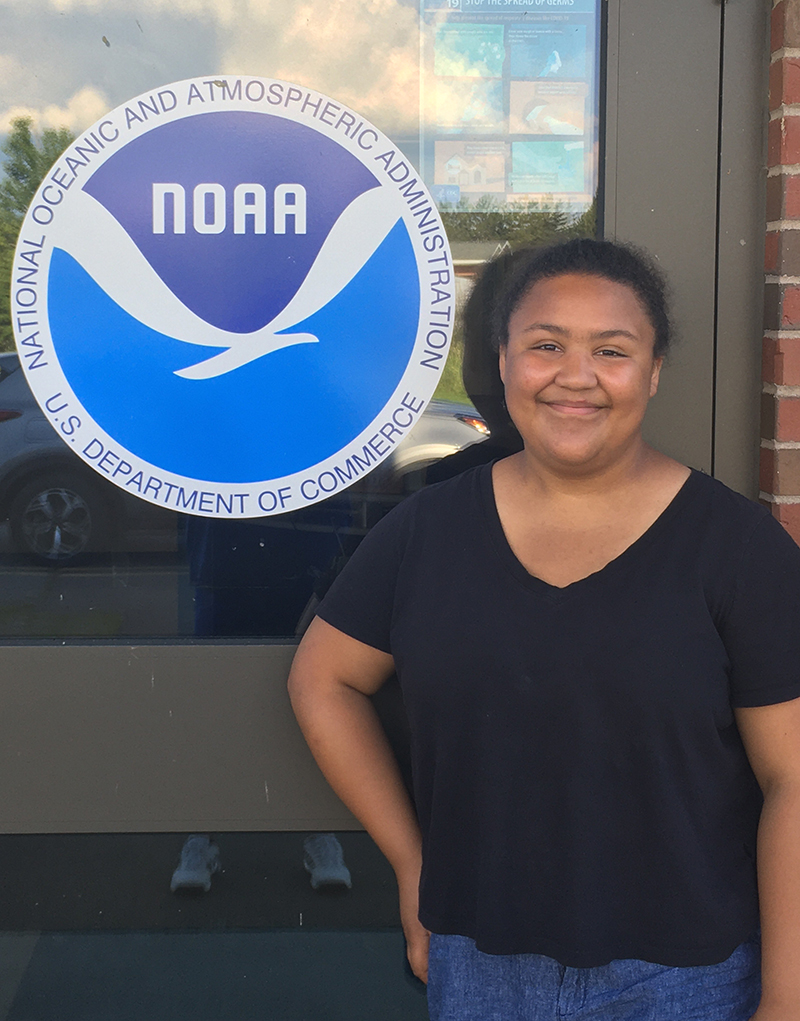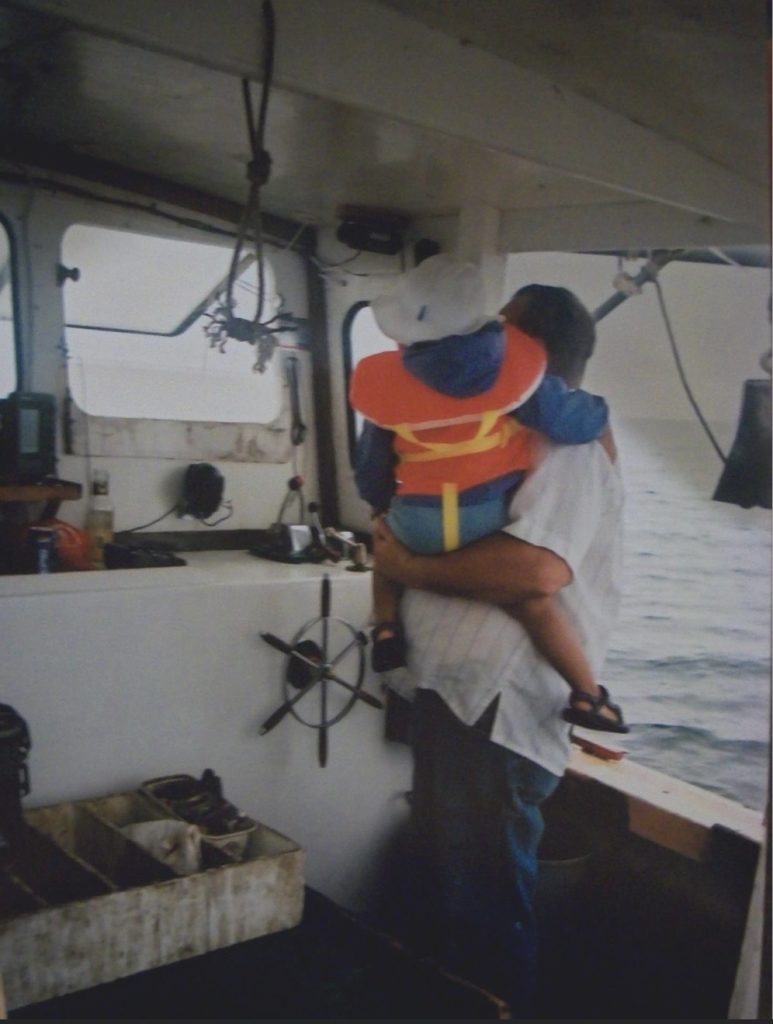IN FISH 2022: On A (Lobster) Roll
Written by Hannah Jarvis, OneHealth REU program 2022 participant
My name is Hannah Jarvis, and I’m a rising senior at Dartmouth College majoring in Environmental Studies.

As the granddaughter of a Maine lobsterman, fisheries and marine conservation have become a burgeoning academic and career interest for me, leading me to apply to the NOAA Inclusive Fisheries (IN FISH) program and to my current project! My project, part of the Social Oceans Lab at UMaine, seeks to identify socioeconomic indicators of fishery resilience in the Gulf of Maine lobster fishery. These indicators, including personal and business spending, risk taking, and physical and mental health service availability, can be used by both fishermen and policymakers to identify strengths and weaknesses in the fishery by looking at the community as a reflection of the state of the fishery. These indicators will ideally give the community the tools to prepare for future fishing seasons and maximize resilience to changes in the fishery (species migration, climate change, etc).

My role as a researcher so far has included communicating with many different sides of the lobster fishery, from governmental organizations like NOAA, the Maine Department of Inland Fisheries and Wildlife, and the Coast Guard, to local companies around the state. My specific role in this project is developing a set of indicators related to business investments – buying new traps, boat maintenance, registration and renewal costs, gear, etc. – and how yearly changes in business investments correlate to the state of the fishery. When I arrived in Maine to start my research project, I had a very basic and straightforward understanding of the lobster fishery and how it functioned. But throughout this project, my understanding of the fishery and its workings, and the people and communities that rely on the fishery, has deepened tremendously, and I now have a much greater appreciation for both where my seafood comes from, and for the hard work my grandfather did all those years ago.
